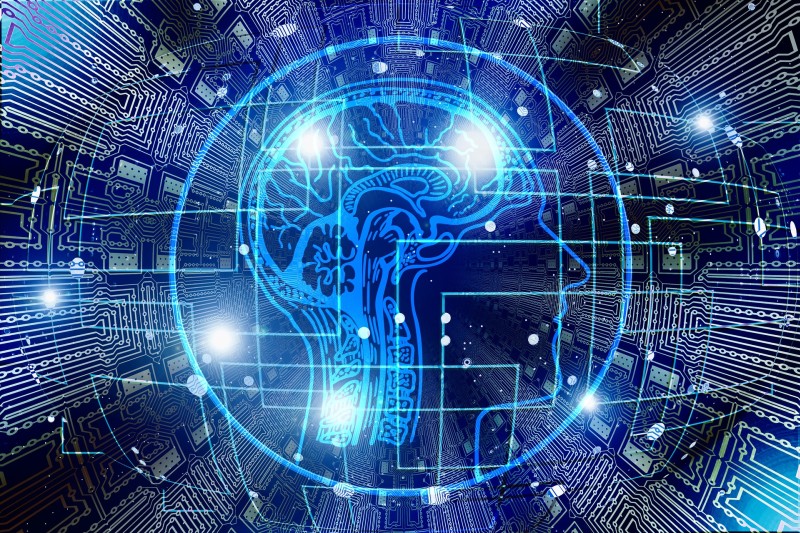Big Data refers to the massive volume of information that businesses need to process to perform different functions. This ever-growing huge pile of information needs professional management.

However, there is a dearth of data analysts who can efficiently handle data mining at a pace that matches the growth of information. Therefore, there is a need to combine technology and manpower for achieving maximum results.
Cognitive computing is being viewed as a probable solution to the big data problem. It is a technology that mimics the human brain.
It combines various functions of the human brain, such as, natural language processing, reasoning, pattern recognition, vision, self-learning, and machine-human interface to facilitate decision making.
While debates continue over the effectiveness of cognitive computing in solving the big data problem, we cannot deny the fact that it has been implemented by famous companies like Google, IBM, Qualcomm etc.
DeepMind by Google and Watson by IBM are proofs that the idea of cognitive computing being taken up by the majority of businesses is not far-fetched.
While DeepMind mirrors brain functions such as storing and retrieving memories, Watson is supremely efficient in natural language processing and data analysis.
The primary role of any computing system is to assist human beings in various analytical and decision-making processes. But, cognitive computing takes it a notch higher by replicating human behaviour. It is no less than a human co-worker, only far more intelligent than a human.
In simple language, it can be said that cognitive computing is an artificial human brain that can process far more data than what a natural human brain can do.
As this technology can recognise and analyse data in every form it reduces the amount of time and labour required to feed data manually to a non-cognitive set-up.
However, it is not only the big data analysts who can benefit from these functions of cognitive computing. There are endless ways in which this technology can assist all kinds of data scientists.
At present, the rigidity of data leads to difficulty in data analysis but with the implementation of cognitive computing the process would become smoother than it was earlier. This fluidity is a result of the ability of cognitive computing to analyse data intelligently drawn from multiple sources and methods.
With the use of this technology, one can avoid the use of heavy machine language and the user interface and communication would be entirely based on usual human interaction.
This artificial intelligence technology can translate commands in normal human language across multiple platforms and also revert in the same language. Therefore, the dire need for experienced and highly qualified data scientists would reduce as anybody can handle this technology.
Moreover, the benefits of cognitive computing are not restricted to data processing only. It would reduce the need to repeatedly refer to the cloud to upload and download information.
Thus, work can be finished faster and energy consumption can be reduced. Privacy is a major concern in handling big data. Information can go haywire or hacked and the confidentiality can get compromised.
Here, cognitive computing comes to the rescue again. Due to the artificial intelligence infusion data confidentiality is maintained. So, cognitive computing can surely be the most feasible solution out there to solve the big data problem.
That day isn’t far away when data analysis and decision making would go hand-in-hand in real time. It is this next generation computing that the business world needs to solve the big data problem.
The aim is not to replace human labour but to expand the capabilities of humans and assist them in the management of big data.
Leave a Reply